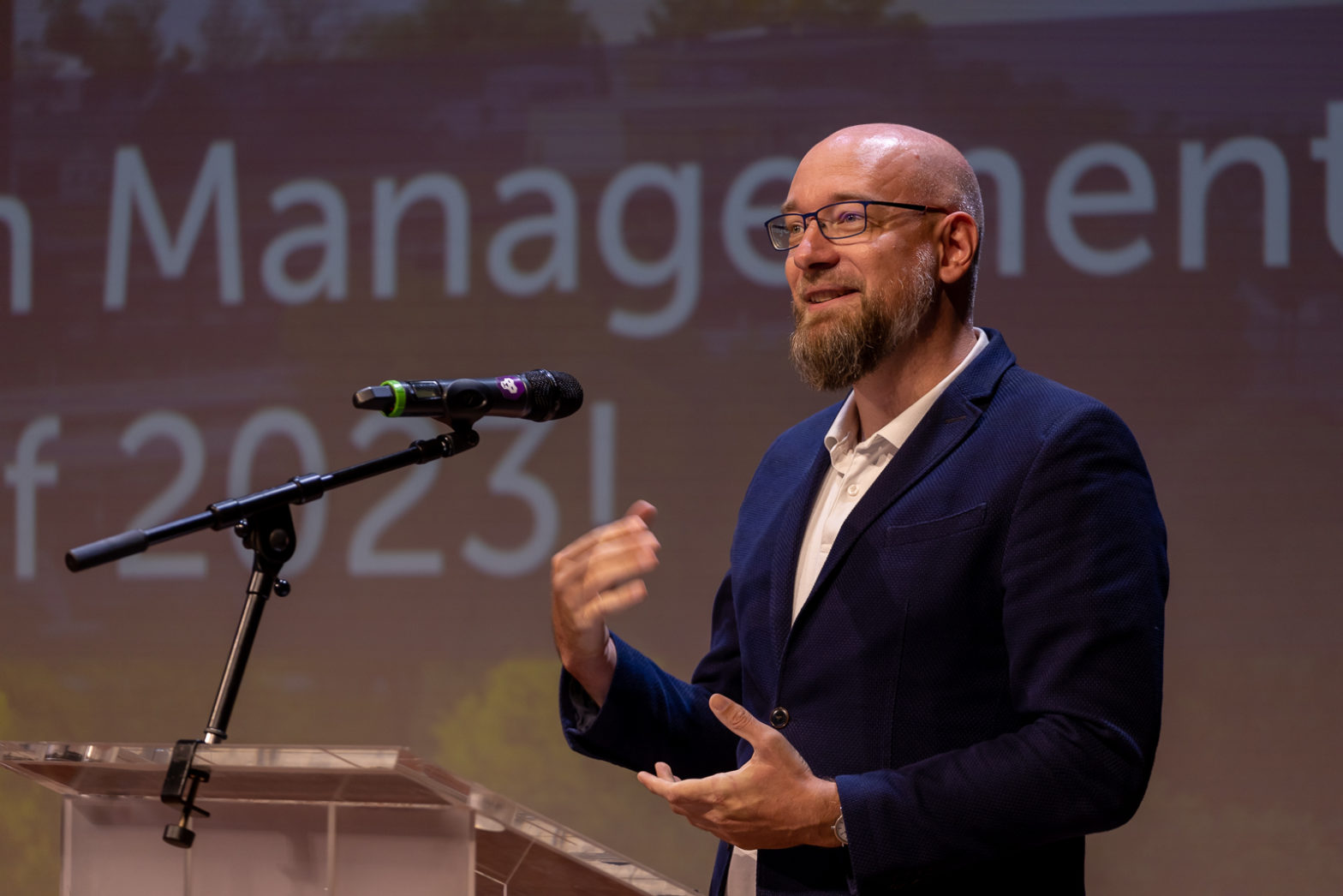
Photo: IHS
Navigating the opportunities and challenges of smart city technology
17 January 2023
By: Dr. Lasse Gerrits, Academic Director of IHS, the Institute for Housing and Urban Development Studies, Erasmus University Rotterdam
“Smart city technologies have the potential to bridge the gaps between abstract policies and strategies, and the lived experiences of people in cities to get to the ideal future cities.”
With near-universal access to computational power and data, digital technologies are becoming of pivotal importance to running our cities. From using sensor data and data processing to identify bottlenecks in traffic flows to monitoring water quality, city administrators are pondering ways digital technology can create more sustainable, liveable, and just cities. However, with the opportunities and economic gains that smart city technologies bring, there are also pitfalls. There are occasions in which the use of technology leads to unjust situations – known examples include predictive policing that discriminates against people of colour and the identification of individuals from deviant groups through mass surveillance. Therefore, city authorities must understand the long-term effects of using technology and the importance of algorithmic governance, technology ethics and citizen privacy.
No easy undertaking
Implementing digital technologies is a complex process. City governments face numerous challenges in navigating the use of digital technologies. Acquiring the digital infrastructure is a starting point. Beyond that, the alignment of people, routines, organisational cultures, and information flows is required. Often, local authorities must deal with a gap between existing governmental procedures and processes on the one hand and the capabilities of the technology on the other. The knowledge, resourses, and social acceptance required to embed smart city technology in day-to-day urban operations further complicate urban digital transformation initiatives.
No one-size-fits-all solution
There is a large, unchartered but exciting terrain ahead in a time and age when digital technology can shape the cities of the future. As cities globally have different needs and desires, it puts different requirements on what technology should achieve. It requires combining practical knowledge about how cities work with academic knowledge about the governance and management of digital technologies. Through careful co-creation of knowledge, this agenda can move forward while avoiding pitfalls.
About IHS
For almost 65 years, IHS, the Institute for Housing and Urban Development Studies, has worked with local authorities and communities to understand urban risk and trained urban professionals to design policies grounded in research and practice.
Based in Rotterdam, IHS is committed to education, research and training to grapple with the key urban challenges of the 21st century. To find out more about our Masters, PhD and short courses, please visit www.ihs.nl.







